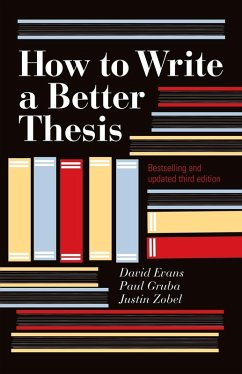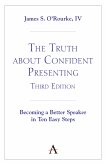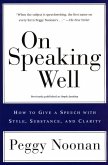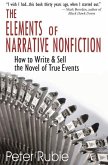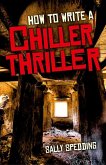This concise guide emphasizes clear and logical structure as the key to a well-written thesis. The book uses a direct and conversational tone while offering concrete examples of common structural problems and the numerous devices, tricks, and tests for avoiding them. It proves that the astute researcher must no longer regard writing as the last chore but rather as a crucial part of the research process. This updated edition demonstrates how computer software can be advantageous and includes a checklist to keep students organized.
From the book reviews:
"After reading the book, you are left with no doubt as to what is required to write a thesis, as well as how to undertake the task using a systematic approach. ... It should be mandatory reading for all postgraduate students embarking on a master's degree or higher academic qualification. I highly recommend it." (S. M. Godwin, Computing Reviews, August, 2014)
"After reading the book, you are left with no doubt as to what is required to write a thesis, as well as how to undertake the task using a systematic approach. ... It should be mandatory reading for all postgraduate students embarking on a master's degree or higher academic qualification. I highly recommend it." (S. M. Godwin, Computing Reviews, August, 2014)

